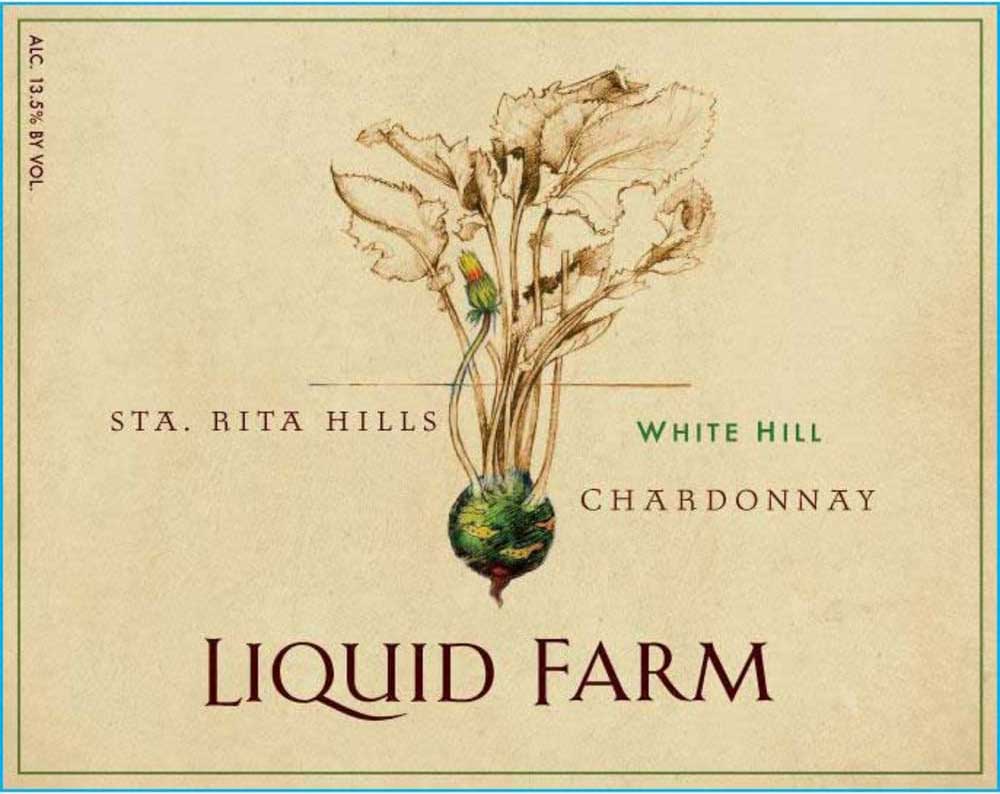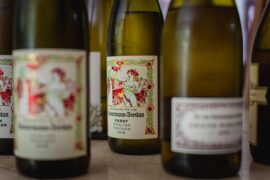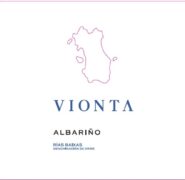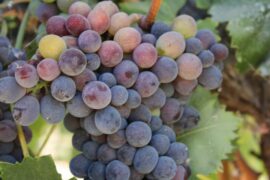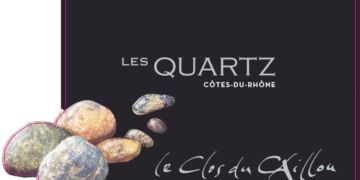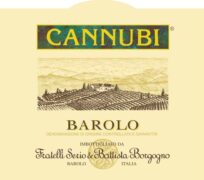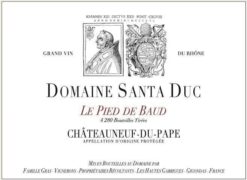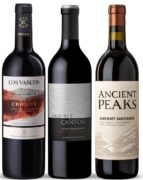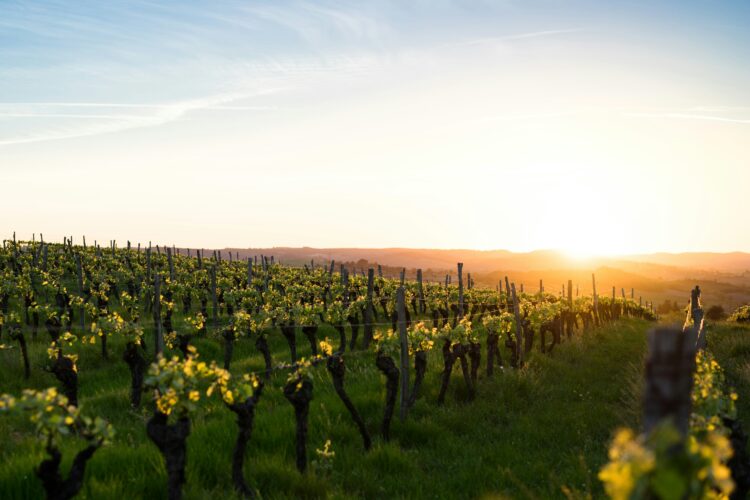French wine is renowned worldwide for its exceptional quality, rich history, and deep-rooted traditions. The uniqueness of French wine can be attributed to several factors, including its diverse terroir, historical influence, and adherence to traditional winemaking techniques.
1. Terroir: The Essence of French Wine
The concept of “terroir” is central to French winemaking. Terroir encompasses the geography, climate, soil, and even the local flora and fauna that contribute to the distinctiveness of a wine. France’s varied climate and topography create a wide range of conditions, from the cool, maritime climate of Bordeaux to the continental climate of Burgundy. Each wine region in France, such as Bordeaux, Burgundy, Champagne, and Rhône, has its unique terroir, which imparts specific characteristics to its wines. This diversity allows French wines to range from light and crisp to rich and full-bodied, each with its own unique flavor profile.
2. Historical Influence
The history of French wine dates back over 2,000 years. The Romans were among the first to cultivate vineyards in France, establishing winemaking practices that would lay the groundwork for future generations. During the Middle Ages, French monasteries played a crucial role in preserving and refining winemaking techniques, with monks meticulously studying and improving grape cultivation and fermentation methods.
In the 17th and 18th centuries, French wine began to gain international recognition, with regions like Bordeaux and Burgundy establishing their reputations. The introduction of classification systems, such as the Bordeaux Classification of 1855, helped set standards for quality and further cemented France’s reputation in the global wine industry.
3. Classification and Regulations
France is known for its strict wine classifications and regulations, which ensure quality and authenticity. The Appellation d’Origine Contrôlée (AOC) system, established in the early 20th century, regulates the production methods and geographical boundaries of French wines. This system guarantees that wines labeled with an AOC designation come from specific regions and adhere to traditional methods, preserving the integrity of French winemaking.
4. Tradition and Innovation
While steeped in tradition, French winemaking is also known for its innovation. The country has been a pioneer in developing new techniques and styles, from the introduction of sparkling wines in Champagne to the embrace of organic and biodynamic practices. This blend of respect for tradition and openness to innovation keeps French wine at the forefront of the global wine industry.
French wine’s uniqueness lies in its diverse terroirs, historical development, stringent regulations, and balance of tradition and innovation. These factors combine to create wines of unparalleled quality and complexity, making French wine a benchmark for excellence in the global wine world.



